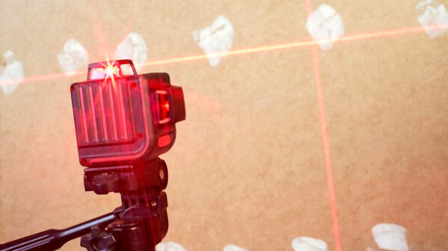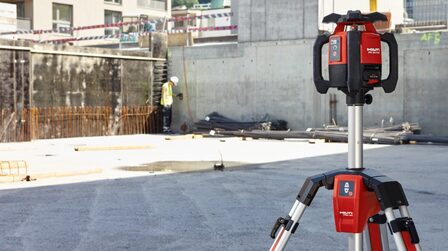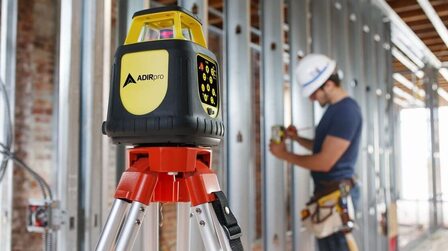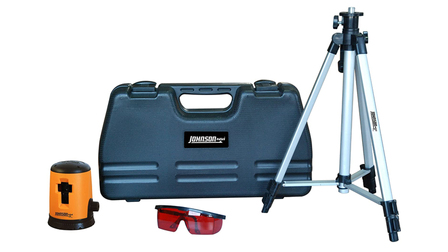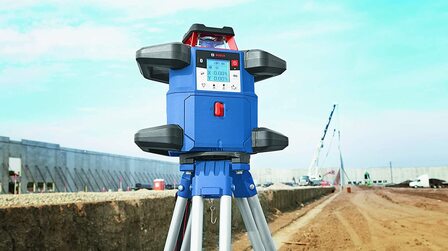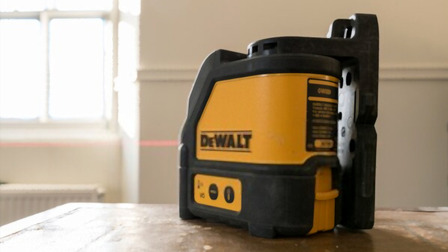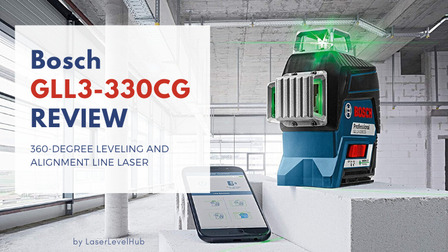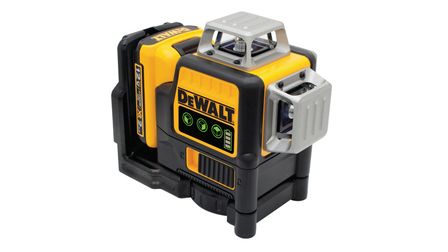Whether in household or in the construction industries, a laser level is one of the must-have tools that every toolkit should posses.
From hanging the photo frames or the curtain rods to lay out the foundation of a new structure, laser level is an inevitable part of it and different types of batteries are used to keep the tool functional.
Though line lasers and smaller dot lasers are generally used standard batteries, but the rotary laser levels are operating on the rechargeable batteries.
Even some cheap rotary laser levels also operate on standard batteries, but not all.
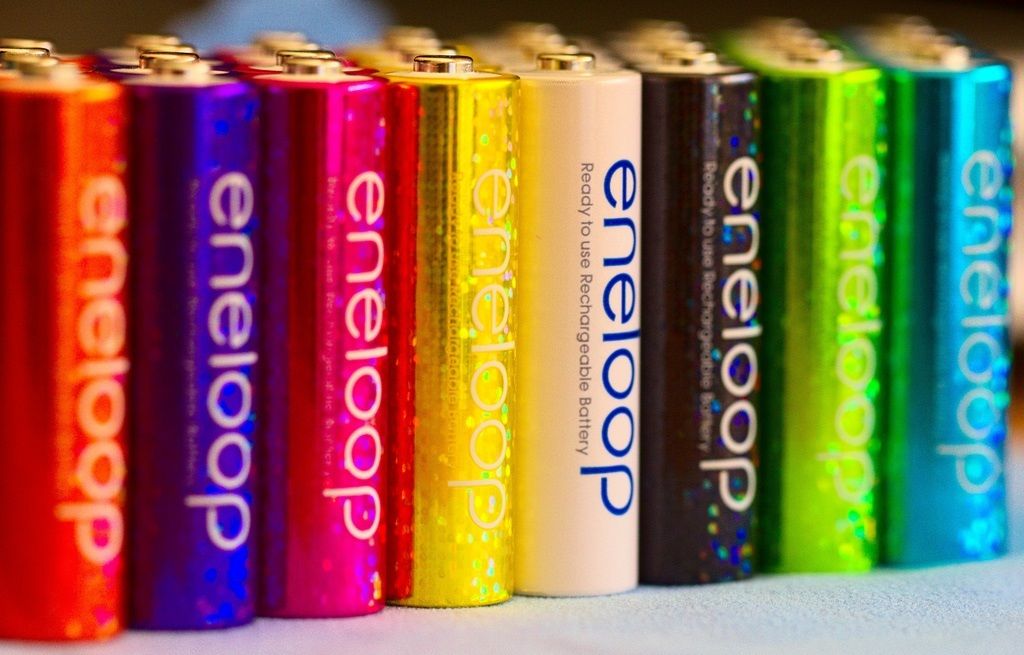
Powerful devices like laser levels demand a great deal of power, as a result, the batteries drain charges easily.
So, it's always advisable to use alkaline batteries while working with laser levels.
Though this type of batteries are a bit costly, but can store charges for long hours and undoubtedly, it's worth the money.
Things To Consider Before Picking The Batteries
Before identifying the difference between NiMH, Ni-Cd and Li-ion, there are a few things that we need to consider to make the power tool more powerful.
- Run time- Run time determines the amount of work that the tool can do before it completely runs out of charges.
- Life cycle- Life cycle defines how many times the battery can be charged during its lifetime.
- Amp-hour rating- Another important feature is amp-hour rating. Batteries with the higher rating last longer than the lowest rating.
- Voltage- Voltage is the power that determines the working output of the tool. More voltage ensures more output. For example, if you are currently using 18 volt Ni-Cd battery the output can be half than the output of 28 volt battery.
See also:How to Measure Amps with a Clamp Meter?
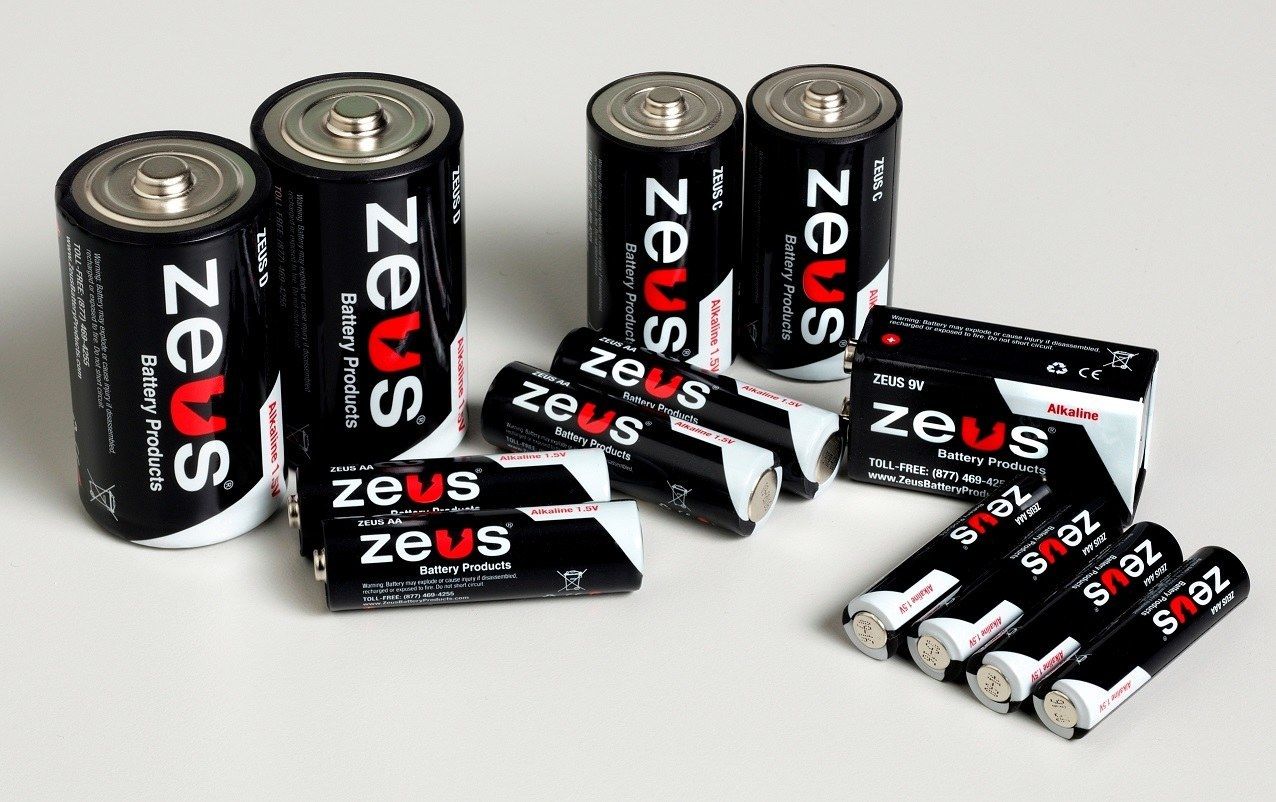
Ni-Cd vs Ni-MH vs Li-ion
Though Ni-Cd batteries were used for laser levels beforehand, but now they are obsolete.
When it's about holding the charge, these batteries are really frustrating in their performance and you need to carry a bulky pack while working outside.
Less durability and difficulty in handling, snatch the popularity of Ni-Cd batteries and opens up a new door for Ni-MH batteries.
Nowadays, these batteries are highly in demand as they are capable of holding charges for long hours and lighter than the Ni-Cd batteries.
Though few in numbers, but the newest member of this family is Lithium ion rechargeable batteries that are ruling the heart of its users.
Though mostly used in smart phones, laptops, etc., but now has been introduced to the laser level industry too.
With several updated features, this one is a wonderful and current edition that can store charges for longer period and even lower the chances of losing performance if not regularly charged.
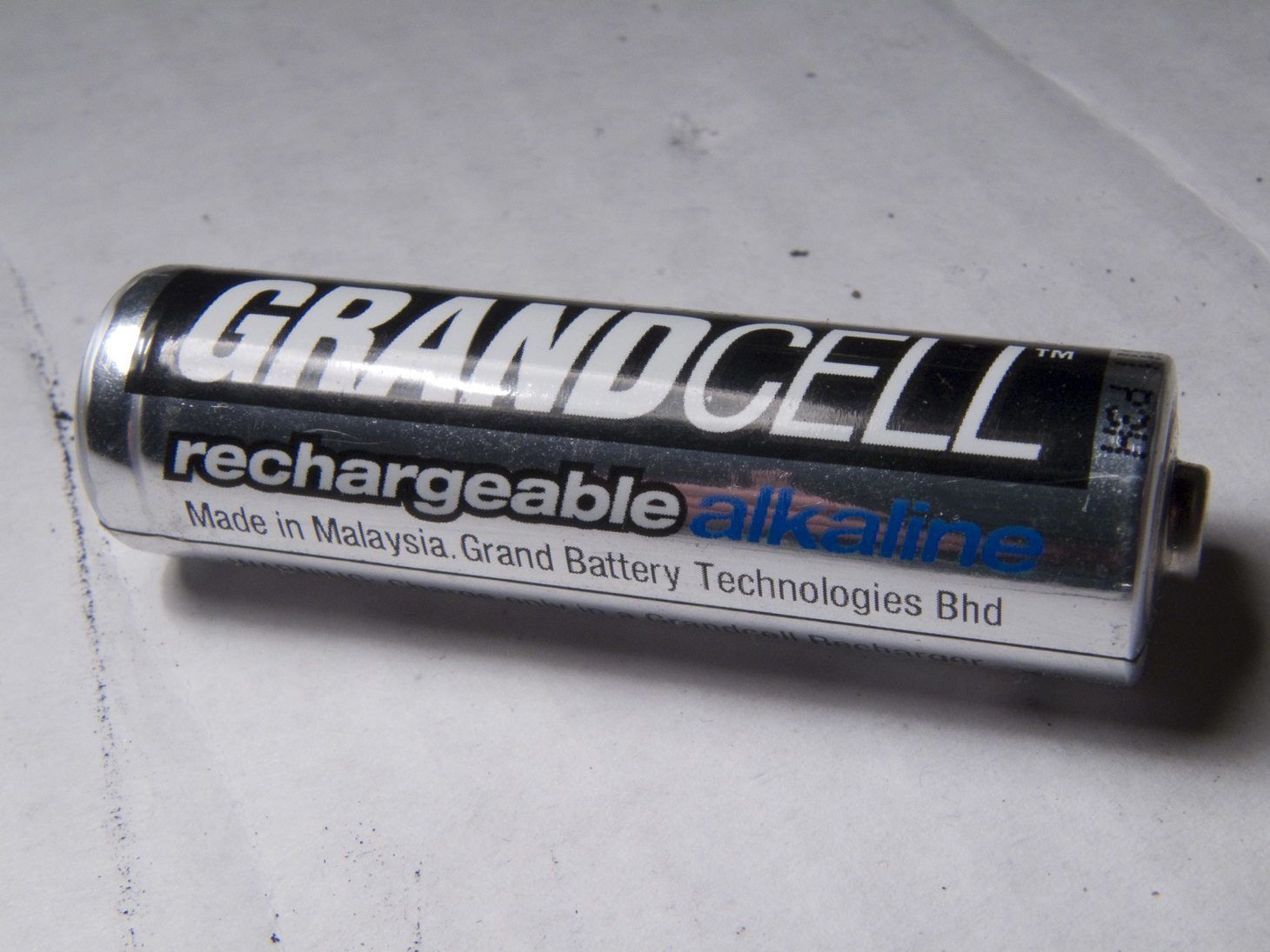
Taking Care Of The Batteries
- Whatever types of batteries you are using, none of them would love to get wet. If by any chance the rechargeable batteries get wet, take them out of the better compartment and dry properly before further use.
- Using the right chargers is a must to avoid overheating the batteries that can hinder the performance.
- Take out the batteries out of the battery compartment if the device will not be in use for extended periods. Otherwise, if the battery leaks, it can damage the laser level itself.
- Take extra care, if using a non original charging unit instead of the original one. The wrong voltage can also have similar effect too.
Conclusion
Batteries are the powerhouse and generating force of any device. Laser levels also derive with different rechargeable batteries.
But, to keep the good tool functionalities, a fair knowledge and a good care of the batteries is inevitable. Once in a few months, completely discharge the battery and charge it again for better functionality.
See also: How to Choose The Best Multimeter?

